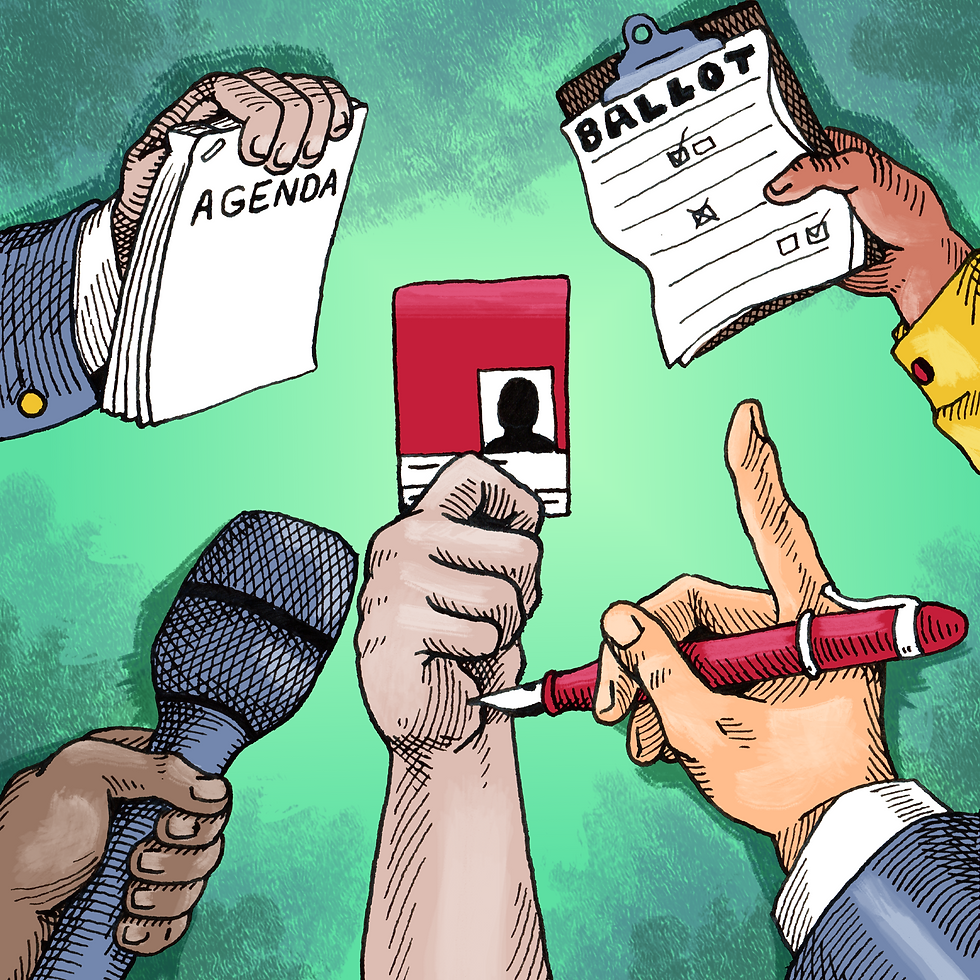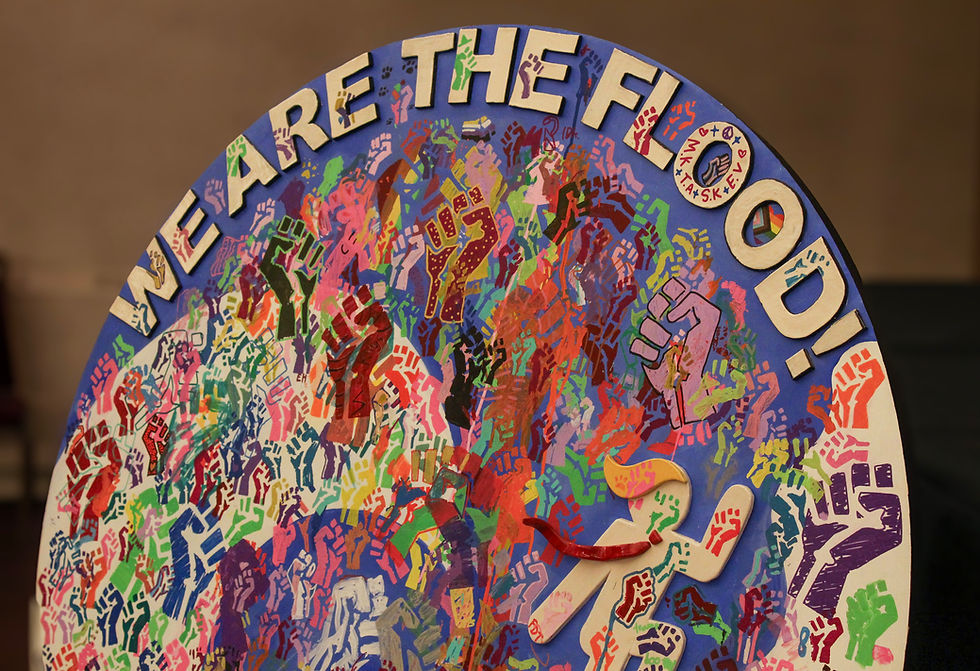ASWU Releases Review of Oct. 19 College Republicans Meeting
- Collegian staff
- Feb 17, 2022
- 4 min read
Updated: Feb 18, 2022
Chrissy Ewald
News Editor

At the Thursday, Feb. 3 meeting of the Associated Students of Willamette University (ASWU), the ASWU review committee released the findings of their investigation into the Oct. 19, 2020 meeting of Willamette’s College Republicans. The events of that meeting led to the club’s [disaffiliation] from ASWU. The review committee’s report was initially scheduled to be released before fall break, then pushed back to Dec. 8, then to “no later than” December 15, then paused for fall finals and pushed to the first week of spring classes, and finally released on Feb. 2 via placement on ASWU’s meeting agenda.
The report, which can be read in full [here], found that Willamette’s College Republicans violated both ASWU governing documents and their club anti-racism plan by inviting local lawyer Ray Hacke, who works for a legal organization designated a [hate group] by the Southern Poverty Law Center (SPLC), to speak on campus. The report identified the invitation as a failure to “[demonstrate] a commitment to being as accessible and equitable as reasonable,” a requirement for clubs that want to be affiliated with ASWU, by failing to “properly vet their speakers to ensure they do not belong to an easily identifiable hate group.”
The report also identified three violations of the College Republicans’ anti-racism plan: “In bringing Ray Hacke to campus The College Republicans did not: show a commitment to a philosophy divorced from bigotry, honor the lived experiences of their “members”, and show their commitment to equal rights for all.” The word members is in quotes to indicate that those whose lived experiences were found not to be honored were attendees of the event, but not regular members of the club.
The review did not address any potential violations of university policy: “The ASWU Executive Council is made up of students and it is not students [sic] responsibility nor burden to make decisions as to whether or not a fellow student has broken university policy.”
During the Feb. 3 ASWU Senate meeting, Vice President Angel Park (‘22) said ASWU judicial is working on creating a formal judicial proceeding for reviews in the future. Athena Marvitz (‘22) thanked the review team for their hard work. Justice Hollis Mantle (‘25) asked if it is standard procedure for students on ASWU executive to have to investigate incidents like this. “Nothing about the situation, in any place, was standard or ever happened before, so there was no precedent… so definitely not,” said Treasurer Michael Burke (‘23).
Ainsley Moench (‘24), proxying for Senator Inéz Nieves (‘24), noted that originally, the report was supposed to contain “suggestions about how to prevent this from happening again, and ways to rectify the harm that occured. Why was this not included in the final report?” she asked. Treasurer Michael Burke (‘23) said the current plan is to present those recommendations to the senate at a later meeting in the form of a presentation. “We didn’t feel it fit into a report alongside what is supposed to be a fact-finding, and like, ‘this is what happened.’ We thought it would be more useful to separate it and make it clear that, like, these are things we think we can do as ASWU and with the university that can solve it and stop it from happening again,” versus “these are things that we just found when we interviewed people, these are the facts- we thought there was a substantial amount of difference and we shouldn’t put them together,” Burke said.
“I don’t know if you guys can answer this, but why was administration not more involved with this?” asked Mantle . “Why did this fall on the students of the executive board to answer, when I believe they had a conflict of interest since it was one of their peers that was involved?” Burke noted that students had called for ASWU to be involved during public comment at the meeting where the College Republicans were disaffiliated, but that the extent to which they were involved was not defined. Mantle asked what, if any, consequences the students under review would face. “As students, we are unable to rule on policy violations on the part of other students,” said ASWU President Giovanni Bautista (‘22). He said that ASWU has set precedents for internal consequences through disaffiliation and recall, but that bias reports or conduct violations are beyond the scope and authority of ASWU.
Senator Gus Gunter (‘23) asked if the review team would have liked more support from administration. Speaking for himself, Bautista said that in hindsight and looking forwards, “administration should, perhaps, play a larger role in future investigations or reviews. That’s not because we want to abdicate any responsibility, but that’s because as students, there’s certain things that we can’t rule on, right, there are certain decisions that are outside of our control.”
Gunter asked if the review team thought the current standards of anti-racism plans are “up to snuff when it comes to being analyzed in this way, for concerns over potential violations, or if this is something that should be addressed by the EDI committee this semester.” Burke said that might be addressed in a forthcoming recommendations presentation, and that since the EDI committee did not meet last semester, club anti-racism plans have not been reviewed beyond what Burke can do to make sure they’re present when approving funding.




Uh, I read the review, how exactly does what happened violate anything? It‘a basic bitch christian conservatism. It’s not even out of line with standard constitutional law. Are people on campus these days so pathetic that they can’t hear something like that with being “traumatized“?